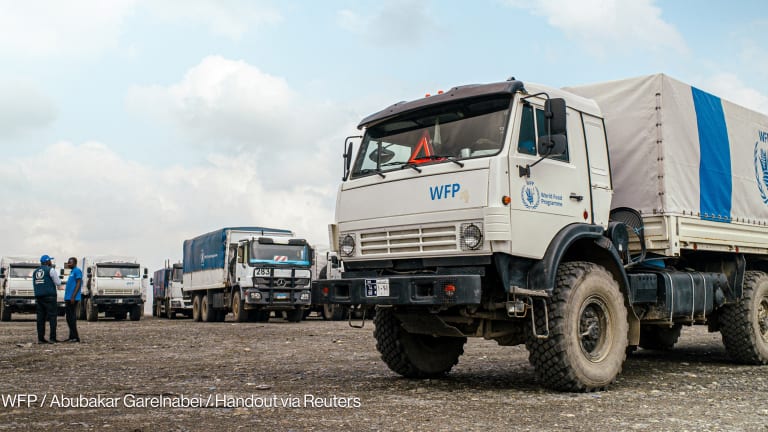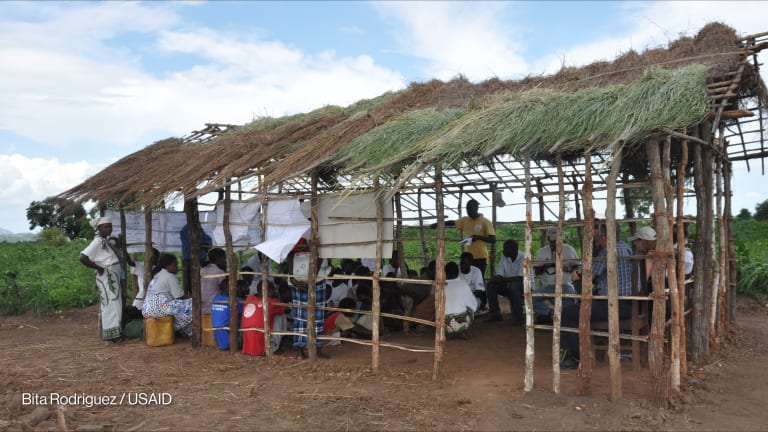USAID and WFP’s recent announcement of suspension of food assistance in Ethiopia’s Tigray region due to theft and reselling will most certainly lead to a worsening of the situation for millions experiencing acute food insecurity in the north of the country. While those profiteering from these thefts must be investigated, the U.S. government and international humanitarian groups cannot lose sight of the crucial role of food aid in creating the conditions for a successful peace process in the region.
The catastrophic two-year conflict that started in 2020 in the Tigray region, identified as one of the world’s deadliest wars in recent times, has been characterized by organized massacres, industrial-scale campaign of sexual violence, and indiscriminate bombing and shelling of crowded towns and villages across the region.
It is likely that millions of people have been forced into famine and near famine-like conditions, although lack of aid groups’ access to people affected by the crisis makes an accurate assessment difficult. These conditions were deliberately orchestrated through the destruction and systematic looting of civilian properties and infrastructures, a brutal siege, and a blockade on basic services including banking, transport, and telecommunications. These in turn resulted in the collapse of the health care system and other civilian services and left nearly 90% of the population in dire need of humanitarian assistance.








